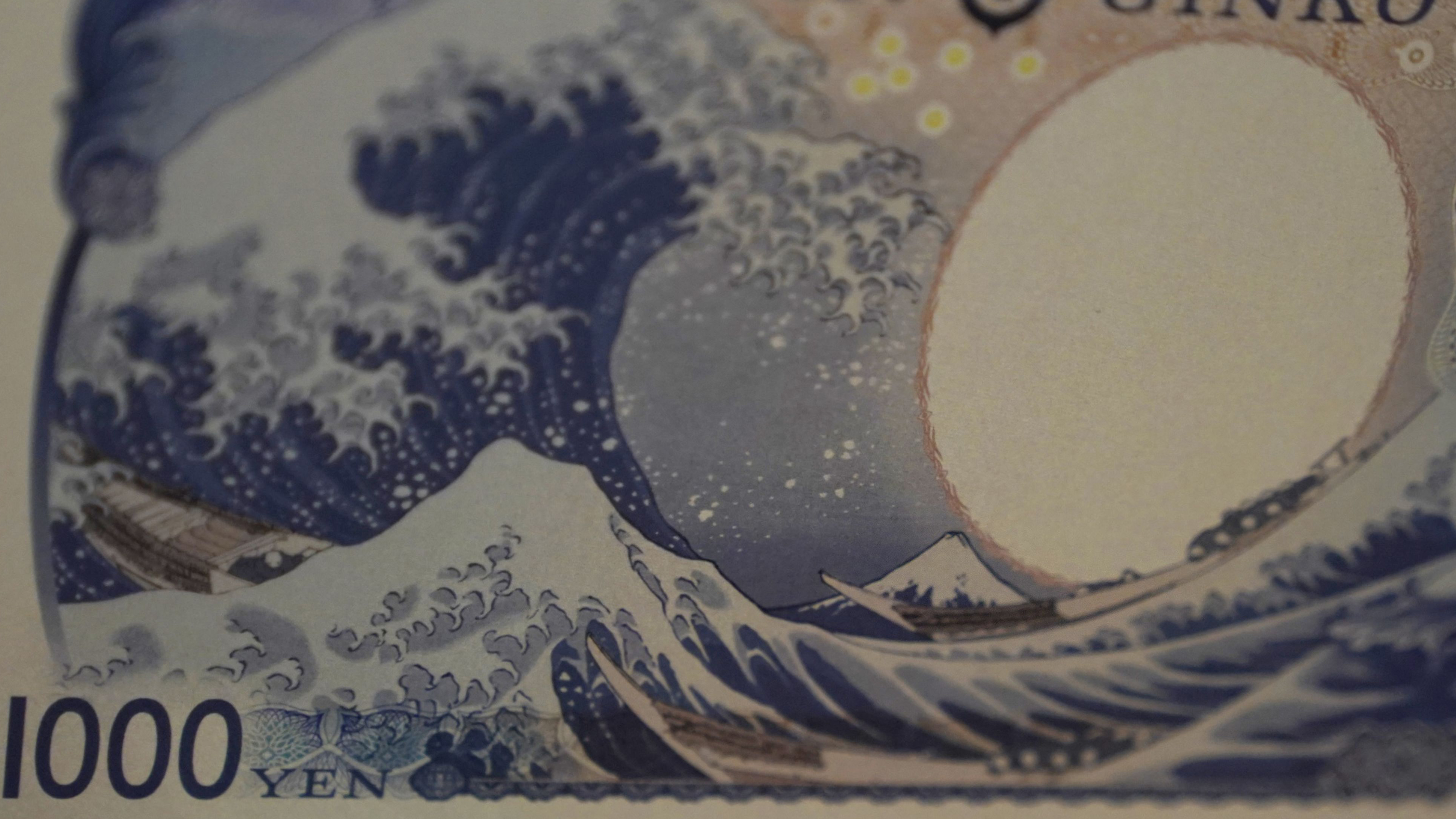Japan policy unmoved over declining yen

Japan’s currency has seen a significant decline in value since the start of 2022, yet there has been little policy movement to mitigate this. Kimberley Long reports.
Japan’s yen has seen a steep rate of depreciation, falling to its lowest point against the dollar since 2016. It has also lost ground against the euro and sterling.
This decline has come as the US is seeing increased rates of inflation and rising prices, which the Federal Reserve is attempting to temper by increasing interest rates. Japan, meanwhile, is seeing inflation stay at low levels, so the Bank of Japan (BOJ) has made no changes to interest rates. The bank’s governor, Haruhiko Kuroda, has said rates must remain at their current level to support economic recovery.
Policy-makers have been reluctant to make any changes. Shusuke Yamada, head of Japanese foreign exchange (FX) and rate strategy at Bank of America, says: “Currency policy is under the jurisdiction of the Ministry of Finance, and I think it has been somewhat surprisingly quiet up to now. This implies they are fine with the current dollar rate. But there will be a point where they cannot tolerate any further weakness. I think we may see that at around Y140 to the dollar, but we are not there yet.” (At time of publication, the exchange rate is Y127/$1.)
Rising commodity prices are also taking their toll. “The oil price increase has had a real impact, and I think we will see Japan’s current account dip into a deficit if the oil price exceeds $120 per barrel,” Mr Yamada says. “Even if it goes above $110, the current account surplus will diminish a lot.”
Covid curbs
Overseas visitors’ access to Japan remains curbed to due to its Covid-19 pandemic measures, and areas where growth may have been seen are still impacted by the pandemic. Gross domestic product fell 1% on an annualised basis during the first quarter of 2022, as import prices rose. “Higher prices have damaged consumer confidence and, together with lingering Covid-19 concerns, are weighing on household spending,” says Stefan Angrick, senior economist at Moody’s Analytics. “Ordinarily, a weaker yen helps exporters and tourism, but supply bottlenecks have constrained goods shipments while Japan’s borders remain closed to foreign tourists.”
This is leading to investors moving out of Japan’s low-yield environment in favour of better returns seen in the US and Europe.
“Internal factors from how the BOJ has been conducting monetary policy, and yield curve controls, means Japanese government bond (JGB) yields cannot catch up with foreign yields,” Mr Yamada says.
“JGB 10-year yields are capped at 0.25%. We think it should be higher than this. At present, any upward pressure on global yields exerts itself in the FX markets, rather than the rate markets, as the BOJ controls the rate market, and so had to let the currency weaken.”
Mr Angrick says currency movement is not part of the BOJ’s mandate, so yen volatility alone cannot serve as a reason for monetary policy action. “Although consumer price inflation has picked up on higher energy costs, there is little evidence of demand-driven price increases and broader price momentum remains subdued,” he explains.
“With domestic demand being fragile, the case for policy action looks weak. The government has announced some additional fiscal support for low-income households affected by higher prices. Japan’s Ministry of Finance appears to be toying with the idea of direct FX intervention, but this requires support from the G7 and the US may feel reluctant to endorse a step that would cap dollar strength when inflation is running hot at home,” Mr Angrick notes.
The country’s debt levels may also prevent any action being taken. “Japan has a significant amount of public debt outstanding,” Mr Yamada says. “Japan still is the biggest net creditor in the world so it can finance itself, but the internal imbalances are very big. This may mean the BOJ will not be able to hike rates significantly because this could lead to higher public debt financing costs.”


